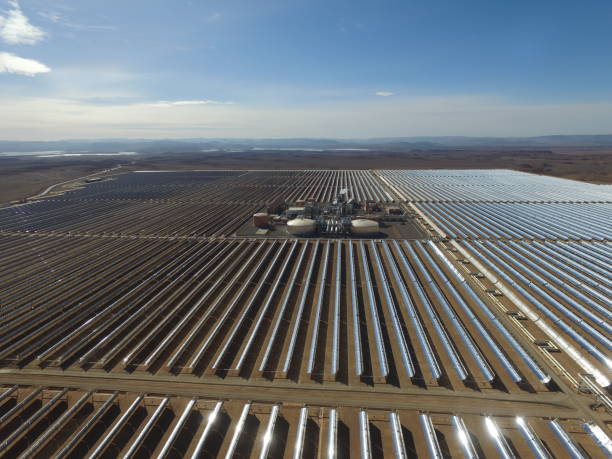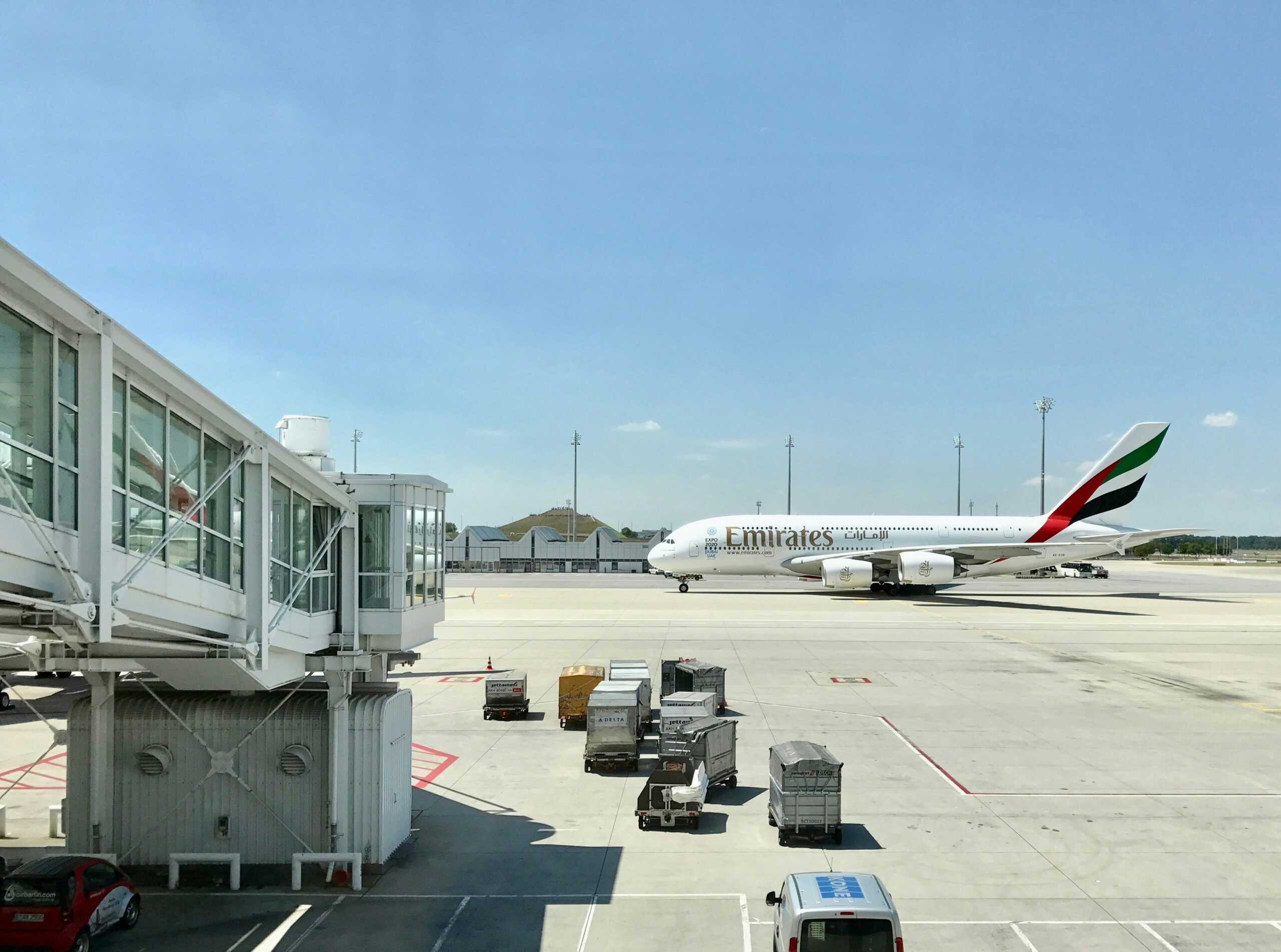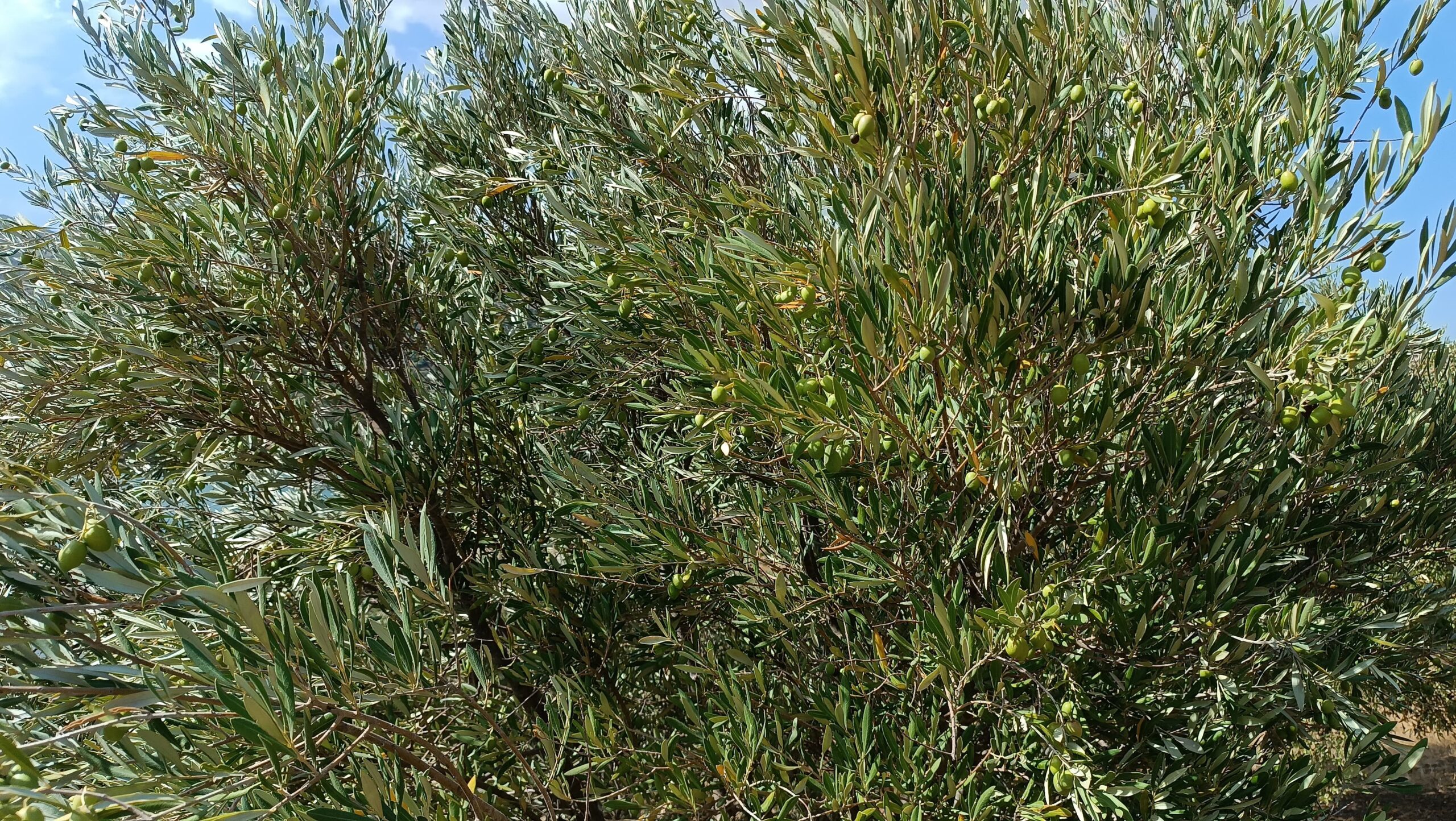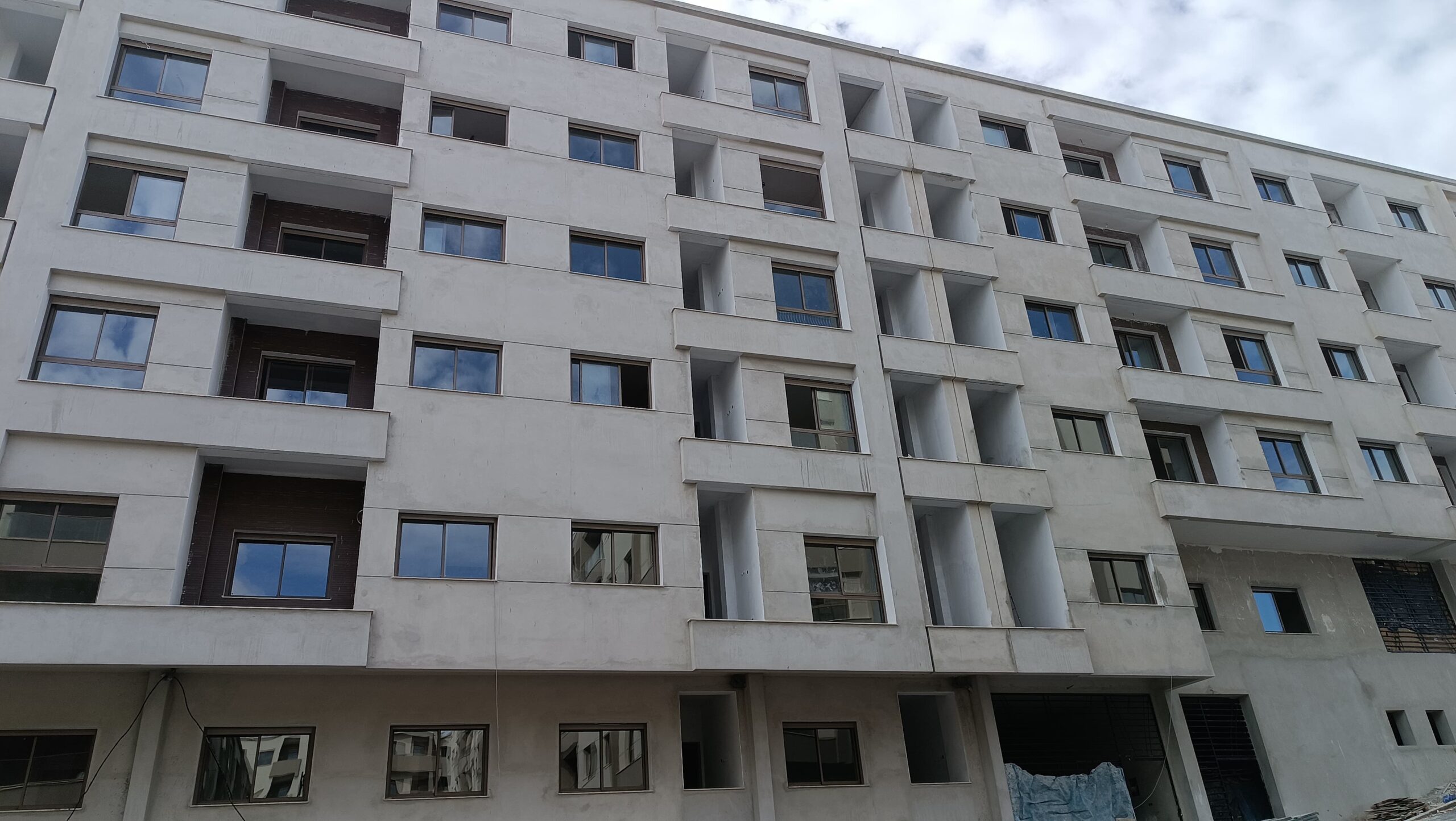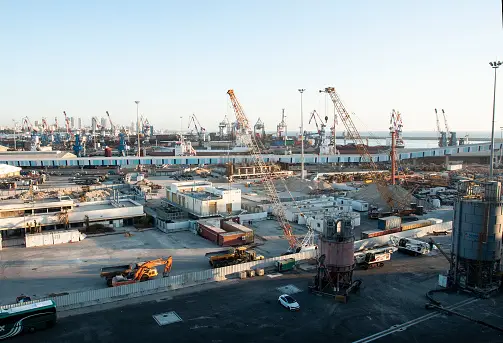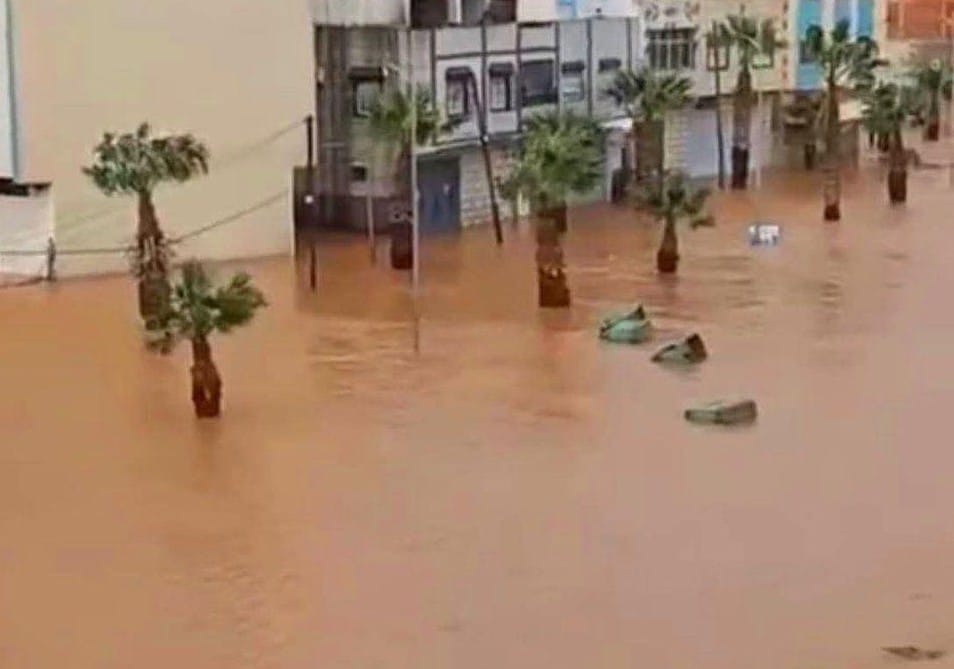Casablanca-In its continued commitment to combat climate change, Morocco has embarked on ambitious projects and policy initiatives to strengthen its resilience and mitigate the effects of environmental degradation. As part of its obligations under the United Nations Framework Convention on Climate Change (UNFCCC), Morocco is developing its fifth national climate change communication and its first transparency report, showcasing its efforts to tackle greenhouse gas emissions and adapt to climate impacts.
The Kingdom’s proactive stance in addressing climate challenges has garnered international recognition, with Morocco ranking as the 9th best performing country in the Climate Change Performance Index. At the heart of Morocco’s strategy lies a comprehensive approach encompassing education, public-private partnerships, and innovative environmental measures.
One key aspect of Morocco’s climate action plan is the promotion of public-private partnerships to finance climate initiatives. Recognizing the significance of mobilizing climate finance, Morocco has successfully leveraged partnerships between the public and private sectors to fund projects aimed at reducing carbon emissions and enhancing climate resilience. A notable example is the Nour Ouarzazate solar power plant, a flagship project financed by climate investment funds, the World Bank Group, and other partners, demonstrating the potential of collaborative efforts in renewable energy development.
Moreover, Morocco is investing in climate change education to foster awareness and civic engagement. Through educational programs and initiatives, the government aims to equip citizens with the knowledge and skills needed to address climate challenges effectively. From integrating environmental education into school curricula to engaging students in tree planting projects, Morocco is laying the groundwork for a sustainable future driven by informed and environmentally conscious citizens.
Furthermore, Morocco is transforming successful environmental measures into models for achieving sustainability. By implementing innovative solutions such as wastewater treatment and reuse, Morocco is not only addressing water scarcity but also setting an example for effective resource management. The Marrakesh wastewater treatment plant stands as a testament to Morocco’s commitment to sustainable development, providing clean water for irrigation and tourism while preserving precious natural resources.
Despite these commendable efforts, Morocco faces challenges in enhancing public awareness and securing adequate funding for climate projects, particularly at the local level. Strengthening access to information and fostering strategic partnerships between the public and private sectors are essential steps in overcoming these obstacles and advancing Morocco’s climate agenda.
As Morocco continues to lead the way in climate action within Africa and beyond, its proactive approach underscores the importance of collaboration, innovation, and sustained commitment in addressing the urgent challenges posed by climate change. By implementing bold initiatives and embracing policy recommendations, Morocco is paving the way for a more sustainable and resilient future for generations to come.






